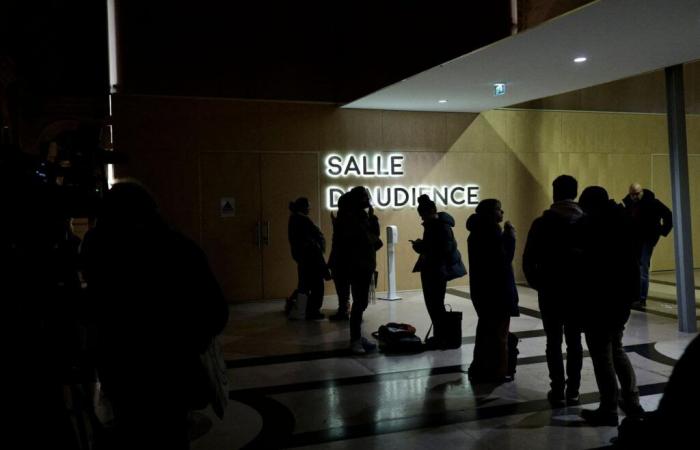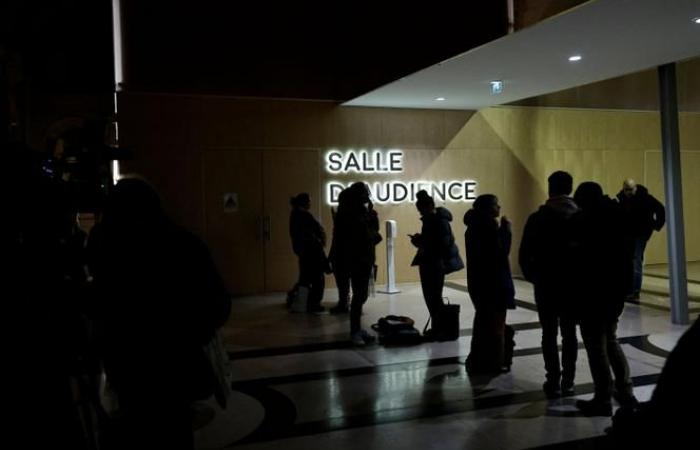Rarely has the verdict in a terrorist trial been so awaited and scrutinized. More than any other attack, perhaps, the assassination of Samuel Paty, beheaded on October 16, 2020 a few meters from his college, powerfully resonated the fragilities and strengths of a pillar of democracy: the freedom of expression.
Read later
This fundamental right was the theme of the course which cost the life of the history and geography professor. But it is also in his name that one of the accused, the Islamist agitator Abdelhakim Sefrioui, asserted his ” right “ to be “shocked” by the caricatures of Mohammed shown in class by the teacher and that he had accused him of having ” insult “ the prophet.
At the end of seven weeks of debate, the Paris Special Assize Court had to answer this question, unprecedented in matters of anti-terrorism: should a militant, virulent and manipulative speech, but not calling for murder, be judged as a terrorist offense since he provoked an attack? More than any other, this verdict was expected as a revealer of the capacity of anti-terrorist justice to seize the mutations of the jihadist threat and the way in which it feeds on political Islamism.
You have 90.5% of this article left to read. The rest is reserved for subscribers.







